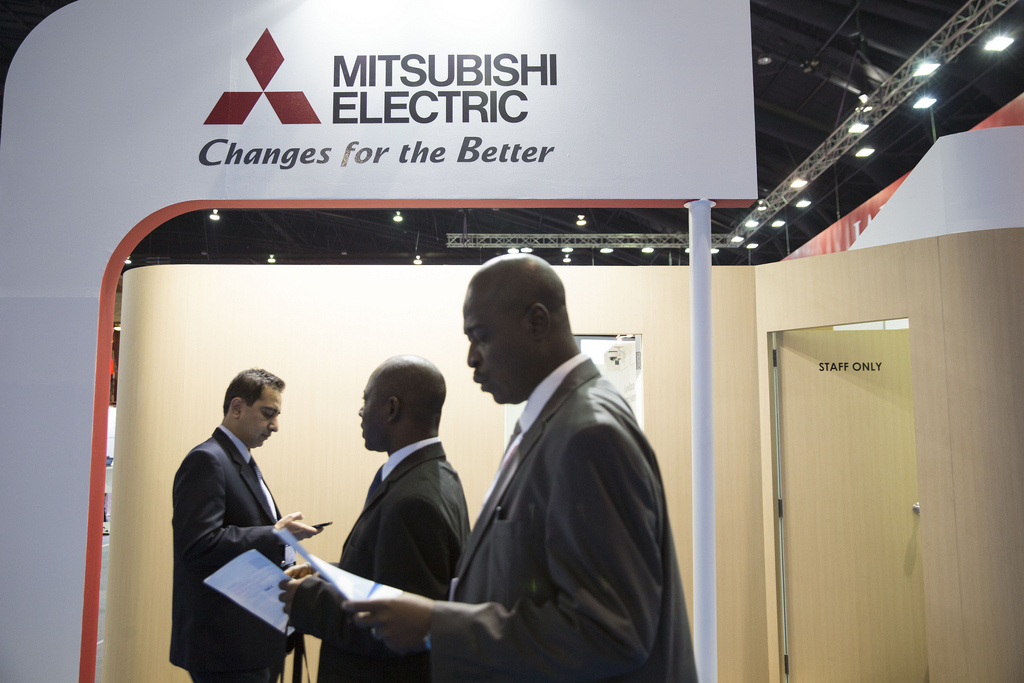Other companies, such as the Taiwanese computer manufacturer Compal Electronics and South Korean LG Electronics, are working on alternate options in the event that the "trade war" continues or intensifies.
A quick reaction to American duties is possible because many large companies have production capacities in several countries and can transfer at least a small part of the production without building new plants. Some governments, especially in Taiwan and Thailand, are actively encouraging companies to transfer production from China, counting on an economic and strategic impetus from the US-China conflict.
SK Hynix, the manufacturer of memory chips, is working on the transfer of part of the production from China back to South Korea. His American competitor Micron Technology is also shifting some operations from China to other Asian countries.
Due to the significant impact of duties, Toshiba Machine Co plans in October to shift part of the production of equipment for the manufacture of plastic components, such as automobile bumpers, from China to Japan or Thailand.
Meanwhile, Mitsubishi Electric is partially transferring the production of equipment used for metal processing from its production base in Dalian, in the northeast of China, to the Japanese plant in Nagoya.
US fees threaten China's status as a low-cost production base, which, along with the attractiveness of the fast-growing Chinese market, has prompted many companies to build factories and create supply chains in the country in the last few decades.
Recall, on Monday, the 10% US duty on Chinese goods to the amount of $ 200 billion begins to act.
At the same time, US President Donald Trump did not rule out the possibility of imposing additional duties on Chinese goods worth $ 267 billion.
source: reuters.com
A quick reaction to American duties is possible because many large companies have production capacities in several countries and can transfer at least a small part of the production without building new plants. Some governments, especially in Taiwan and Thailand, are actively encouraging companies to transfer production from China, counting on an economic and strategic impetus from the US-China conflict.
SK Hynix, the manufacturer of memory chips, is working on the transfer of part of the production from China back to South Korea. His American competitor Micron Technology is also shifting some operations from China to other Asian countries.
Due to the significant impact of duties, Toshiba Machine Co plans in October to shift part of the production of equipment for the manufacture of plastic components, such as automobile bumpers, from China to Japan or Thailand.
Meanwhile, Mitsubishi Electric is partially transferring the production of equipment used for metal processing from its production base in Dalian, in the northeast of China, to the Japanese plant in Nagoya.
US fees threaten China's status as a low-cost production base, which, along with the attractiveness of the fast-growing Chinese market, has prompted many companies to build factories and create supply chains in the country in the last few decades.
Recall, on Monday, the 10% US duty on Chinese goods to the amount of $ 200 billion begins to act.
At the same time, US President Donald Trump did not rule out the possibility of imposing additional duties on Chinese goods worth $ 267 billion.
source: reuters.com





